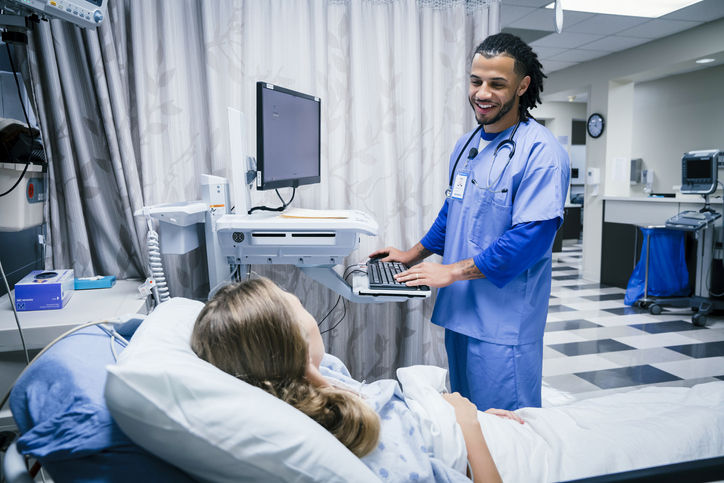The race to substitute Medtronic’s Infuse bone growth product has a new contender in the form of a novel product made from a biomarker in the blood of black bears that allows them to hibernate for months without losing bone mass.
Aursos Inc. is raising money and hoping to begin human studies in 2014 of its bear-derived parathyroid hormone (PTH) peptide, for site-specific use for spinal fusions and other bone filling and bone defect applications.

With the Rise of AI, What IP Disputes in Healthcare Are Likely to Emerge?
Munck Wilson Mandala Partner Greg Howison shared his perspective on some of the legal ramifications around AI, IP, connected devices and the data they generate, in response to emailed questions.
Kalamazoo, Michigan-based Aursos hasn’t exactly had the smoothest run since its founding in 2007. It’s found some new investments here and there while shuffling through a few different CEOs and aiming at a couple different markets. But new President and CEO Kris Aalto says the company has finally settled on a market and refined its strategy for its lead candidate, AUR-84, in the form of a resorbable implant to be used for lumbar interbody fusion procedures.
In its earliest stages, the bone-growth peptide was touted for its potential in preventing and treating osteoporosis. But despite strong preclinical data, the company found it would be restricted by the financial and regulatory rigor of conducting a phase 3 clinical trial of the drug for that indication.
Aursos found its new target market for spinal fusion surgeries when the controversy surrounding the safety of Medtronic’s Infuse started affecting sales of the bone-growth product, Aalto said. The product demonstrated clear market traction but had safety and off-label use concerns.
Aursos’ peptide has a better safety profile and is more targeted, she said. “We have a much more specific effect on the cells we want to stimulate, and we will be physically localizing our agent in a very precise way to prevent our active agent from migrating to [an] unwanted site.”
In the U.S. alone, the market for bone-growth stimulation products was projected to grow 6.4 percent annually to an estimated $775 million in 2015, according to a Medtech Insight market report.
Aalto hopes to close the series A within six months and begin the first in-man studies in Europe in 2014.
Based on technology licensed from Michigan Technological University, Aursos has received past investments from Ann Arbor Spark, Apjohn Ventures Fund and Michigan Economic Development Corp.














